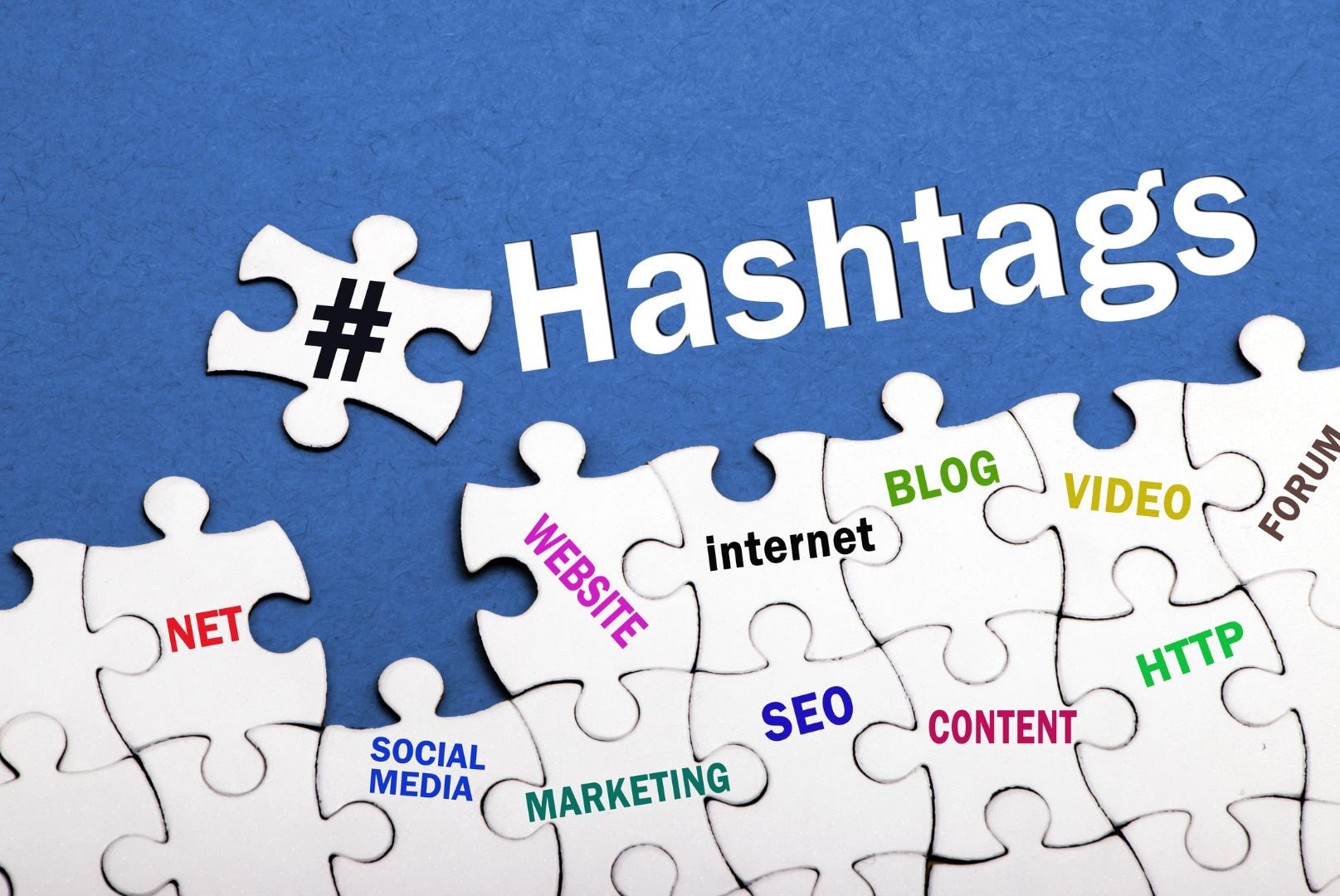Social media is a great way for businesses to connect with customers and grow their brands. But, unfortunately, it's also one of the easiest ways to waste time on the internet if you don't know what you're doing.
But with some simple strategies and best practices, you can use social media to build your business' reputation, follower base, and sales numbers in no time. And that's where hashtags come in!

In this article
What are Hashtags?
Hashtags are those little words or phrases preceded by a pound symbol (#), which are used as metadata tags on social media platforms (like Twitter).
They're also a great way to encourage engagement from potential customers while giving your brand exposure through search engines like Google—but only when they're used.
Write clear, concise titles and descriptions for your posts.
When writing your posts, you should use a concise title relevant to the post's content. Then, if a user sees that your post relates to their interests and makes them want to click on it, they'll give it a more thorough look-over.
Using hashtags in your social media post titles is optional. It's up to you whether this will make people more likely to engage with your content—but if it does, then go for it! Don't go overboard with hashtags in general; people tend not to like seeing excessive numbers of them in their feeds.
With descriptions: Don't try too hard or overdo things when describing what's going on in each picture/video/etc., but include keywords where appropriate so users can find out more about what kind of content they're looking at (e.g., "dogs"/"cats").
Don't just tag the big names.
Not all hashtags are created equal. It would help if you also looked for the tags already used by your target market or audience. This is a great way to find out what content they're looking for, so you can provide it in a timely and relevant fashion.
Use hashtags related to your brand—but don't go overboard! You want people reading those posts, not searching them out because they know there's something of interest there. Remember: It's better to be too conservative than too liberal with tagging.
Look for the tags already being used by your target market or audience.
When choosing which hashtags to use, you first want to look for the tags already being used by your target market or audience.
Why? Because this will help you find out what kind of content they are interested in and how they engage with others posting it. You can also see what types of people post them (for example, if they're businesses or personal profiles).
To find these hashtags in a way that makes sense with your brand's voice and tone, I recommend researching Hashtagify.me or another tool like it.
Make sure you're using the correct type of hashtag.
Using social media hashtags is an excellent strategy to increase your posts' engagement and reach. There are many things to consider when using this tool, though.
- What type of hashtag are you using?
- Is it the right time to use that hashtag?
- Are you using too many or too few hashtags in a post?
Don't overuse hashtags.
If a post is essential to you and you want it to get the attention of as many people as possible, then hashtag heavy.
However, if your goal is to engage with your audience on a more personal level, don't use more than 3 hashtags in a row or 2 hashtags in the same tweet if they refer to the same thing. This will make your tweets look spammy and detract from their impact rather than enhance them.
Remember that hashtags are meant for conversation, not promotion, so don't use them for marketing purposes when sharing content online! With this said, also don't overuse them—if every other word is a hashtag, it may confuse followers who aren't familiar with what that particular set of words means.

Instead, try using no more than three hashtags per tweet (even though you could add more). These would relate to whatever point/topic was being discussed within each post itself; however, if one does not exist, create one so that everyone else can follow along without having missed anything vital along the way!
Additionally, keep track of which ones perform better when others do not work out well enough because this may help us find out how exactly they operate within the social media world - whether it's timing-related issues or something else.
Choose your hashtags with care.
When using hashtags, it's important to ensure they're relevant to your business. You don't want to spam users with irrelevant or nonsensical hashtags.
If you use many hashtags, people might see this as annoying and label it as spam. This could cause some social media platforms, such as Instagram or Facebook, to block you. On the other hand, not using enough hashtags is just as detrimental because then people won't be able to find your content easily.
Your hashtag should also be easy for people who are searching for something related to what you do (e.g., "#travel") as well as those who want some insight into what people think ("#advice").
Keep an eye on the competition to see what they are doing right.
It's important to keep an eye on your competition and see what they are doing right. You may learn from their mistakes and do something better than theirs, or you could improve upon their strategies. It's also a good idea to see what they are doing wrong so that you can make sure not to do the same thing.
Finally, it's helpful to keep an eye on what other people in your field are doing with hashtags and tags because this will give you ideas of how best to use them yourself!
Wrap-up
Hashtags can greatly increase reach and engagement on social media posts, but only if you use them. By researching the best hashtags for your industry or niche and then using them in your social media posts, you can reach a wider audience and attract more customers.
Have you tried this strategy? What results have you seen? Let us know in the comments below!



 100% Security Verified | No Subscription Required | No Malware
100% Security Verified | No Subscription Required | No Malware

